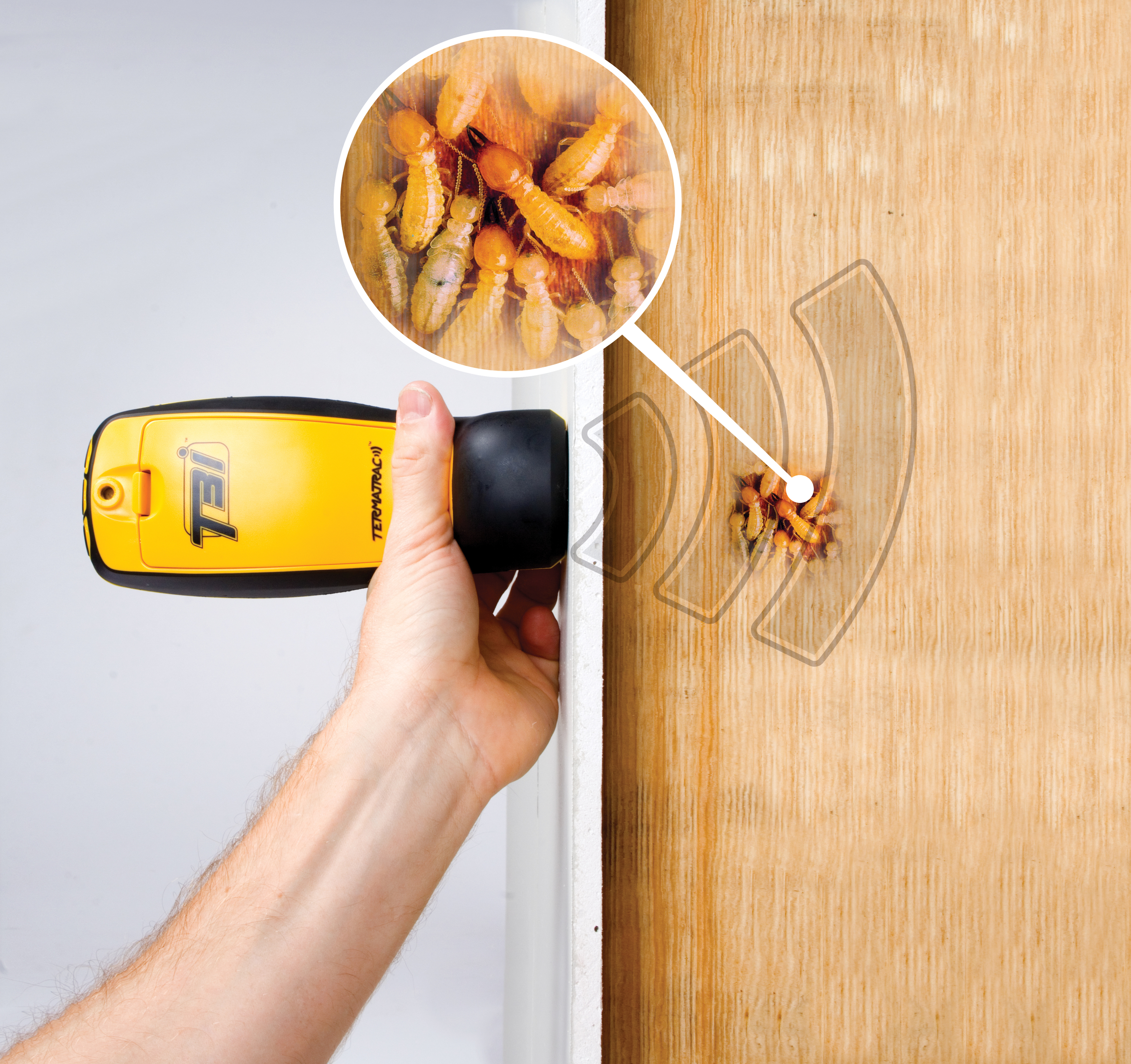What's involved in pre-purchase pest inspections and building inspections?
/Pre-purchase inspections are carried out before a home buyer purchases a house. Despite the fact that for most people purchasing a property will be the biggest investment they will make, many buyers decide to "save" money by choosing a cheap inspection service or decide on skipping the inspections altogether. When you are making a purchase worth hundreds of thousands of dollars, it makes sense to spend a few hundred dollars on quality building and pest inspections.... it could save you a fortune - literally!
It's worth understanding what's involved in the building and pest inspections so you can make sure you are getting a quality service...
Inspector qualifications:
Building inspections and pest inspections need to have appropriate licenses and insurance documentation to show they are qualified and covered to provide the inspection services. You are perfectly within your rights to request to view the license and insurance.
Some inspectors are qualified as both building and pest inspectors, which can provide some cost savings. However, make sure they are fully qualified and clarify how much experience they have in both areas. When it comes to inspections, experience is worth paying for.
The advantage of having separate building and pest inspectors is that, in addition to having specialists providing the service, you also have an extra set of eyes inspecting the property, reducing the chances of an issue being overlooked. It can be a little inconvenient having to deal with two different inspectors, although some companies do offer both services, giving you the convenience of a single point of contact.
Agreements
Separate formal agreements for the building and pest inspections must be signed before the inspection is carried out. This is an important legal document that protects both the inspector and you, the customer. It helps you understand what is and isn't covered by the inspections.
Pre-purchase building inspections:
Pre-purchase building inspections are designed to determine the condition of the house before making a decision to purchase the property, so you can determine if there are any major issues (big or small) that will need to be remedied. Common building defects that are identified during inspections include rising damp, leaks or draining issues, cracked walls (which may indicate wall / soil movement), leaking roofs and safety hazards. Any estimates for repair can then be obtained so that a purchase decision can be made, negotiating on price as required.
It is important to remember a building inspection report is separate to a timber pest inspection report. Although a building inspection report should identify any visual termite damage, it is not specifically looking for termites, borers or wood decay. That is why it is important to have both a building inspection and a timber pest inspection before buying a property.
Pre-purchase timber pest inspections
Although these inspections are often called pest inspections or termite inspections, they are more accurately called timber pest inspections. This is because the inspection is also inspecting for wood borers and fungal wood decay, as well as termites. As well as looking for the pests themselves, the inspection is also looking for signs of damage and any conditions that are conducive to pest activity.
Timber pest inspections cover all the same areas of the building and site as the building inspector. For termites it is important to cover up to 30m from the main building to inspect for signs of termite activity that may become a future threat to the property.
Inspection equipment
It is important to remember pre-purchase inspections are visual inspections, which are carried out according to Australian Standards (Building - AS 4349.1, Pest - AS 4349.3).
Termatrac termite detection equipment
Be aware that home sellers who know they have a problem will try and hide the problem from the inspectors. For example, it is not uncommon for home sellers to place heavy furniture in front of something they want to hide. Inspectors are not allowed to move any furniture or damage a surface without the permission of the seller, so they rely heavily on their visual skills and experience to pick up issues. If a inspector suspects anything suspicious it should be noted in the inspection report.
However, a range of technology is also available to investigate suspicious areas; moisture meters (for leaks), thermal imaging cameras for termites / electrical issues and motion detectors for termites. These can certainly help in picking up hidden issues - clarify what equipment is available and will be used by your inspectors.
Building and pest inspection reports
You should receive formal multi-page inspection reports for the building and pest inspections, including photos where appropriate. There is a lot of legal wording in these documents, so its always worth getting the inspectors to explain the key findings over the phone or face to face - most professional companies welcome you being on site at the time of the inspection so issues can be pointed out first hand.
As well as providing a list of the major findings, they will also list any areas that were not inspected and the reason why it was not inspected. Importantly, it will make recommendations for additional inspections, if there are areas of concern. For example this may include specialised inspections by a structural engineer for building faults or invasive inspections to quantify termite damage.
But should you buy a home with termite damage?
How long does an inspection take?
The pest inspector needs to access the sub-floor and roof void
The length of an inspection with vary depending on the size of the property, construction type and any issues present. However, expect an inspection for a 3/4 bedroom house on a concrete slab to take around 1.5hrs. (Pest inspections generally take a little longer than building inspections). You don't want inspections to be rushed, you want a comprehensive inspection. You are the customer, if you are on site with the inspector, don't let the real estate agent or homeowner rush you or the inspector, just because they have an appointment.
To buy a home with confidence make sure you have both building and timber pest inspections
One think to be aware of is that a number of inspection companies are associated with real estate agents. This is not to say they are not good inspection companies, but if the inspection company gets a lot of business from the real estate company selling the home, there is a potential conflict of interest in play - the real estate agent does not really want the inspections to be very thorough, potentially unearthing a finding that may impact the sale.
The best recommendation is for the buyer to choose the inspection company and check with the inspection company whether they have any connection with the selling real estate company.









